Welcome to Advice in The Stacks, a bookish advice column from me, Traci Thomas, the host and creator of The Stacks podcast. My show is all about books and the people who read them, with new episodes out every Wednesday on your favorite podcast platform. Due to the nature of the show I am constantly asked for advice on all things books, so I’m making it formal and bringing my advice to all of you with my monthly column here at SheReads.com.
If you have questions about anything book related, CLICK HERE and submit your question, and then come back the last Thursday of the month to see my advice.
I work in academia and lately it has been more absurd than usual. I am looking for a funny, satirical book about life in academia. I have already read Straight Man, The Lecturer’s Tale, Moo, The Shakespeare Requirement, and The Late Americans. Thanks!
This is a fantastic hyper-genre and I love it. Campus novel meets satire, that is top notch fiction. I hope you find something on this list you’re excited about.

Disorientation by Elaine Hsieh Chou
When Ingrid, a 29 year old Taiwanese-American PhD candidate, starts asking questions about the subject of her dissertation her whole world unravels in this biting satire that really brings to life the absurdity of academia.
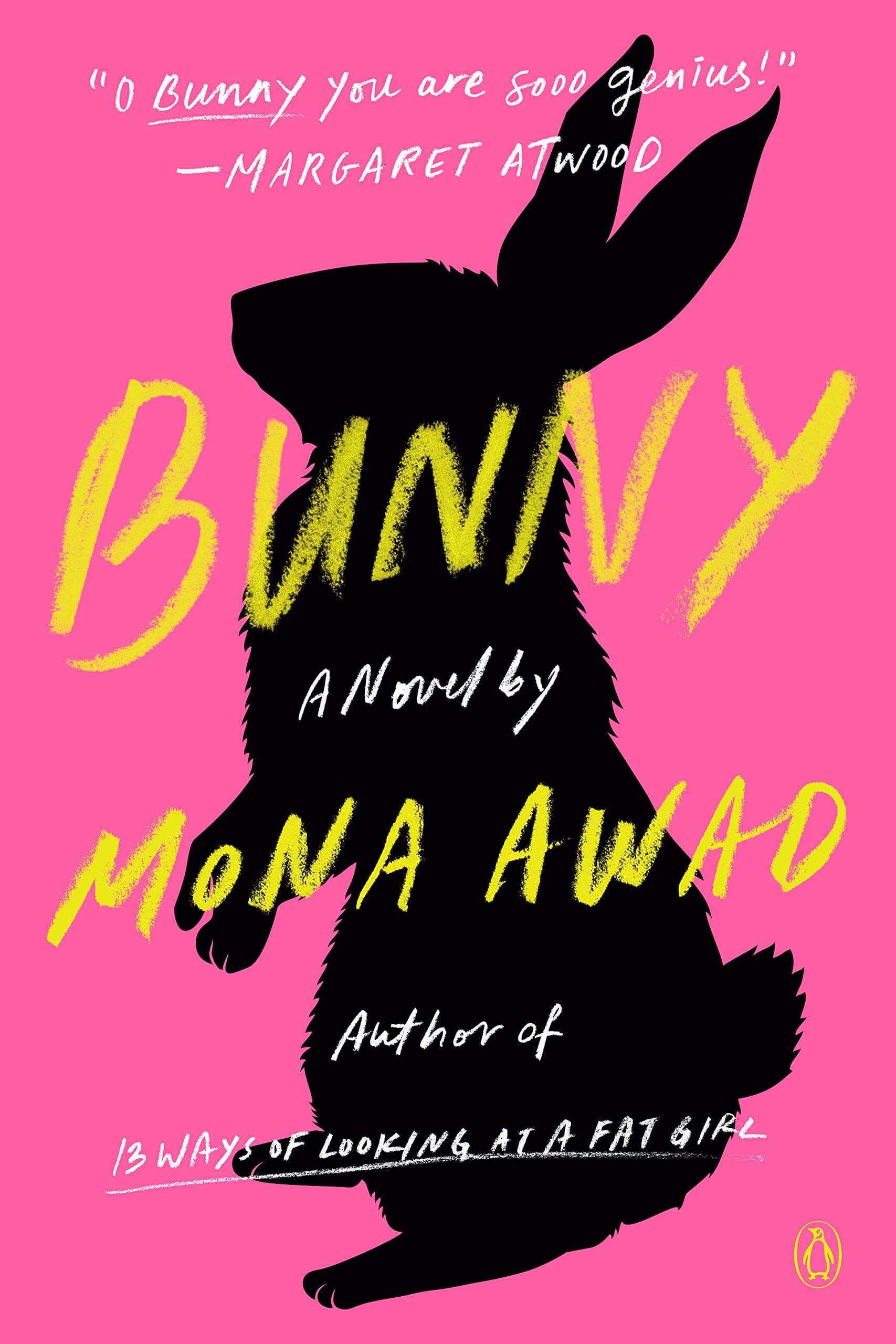
Bunny by Mona Awad
This book follows an MFA student, Samantha, who hates her cohort because they’re al stuck up rich girlies. Then she gets an invite to their secret world and everything changes.
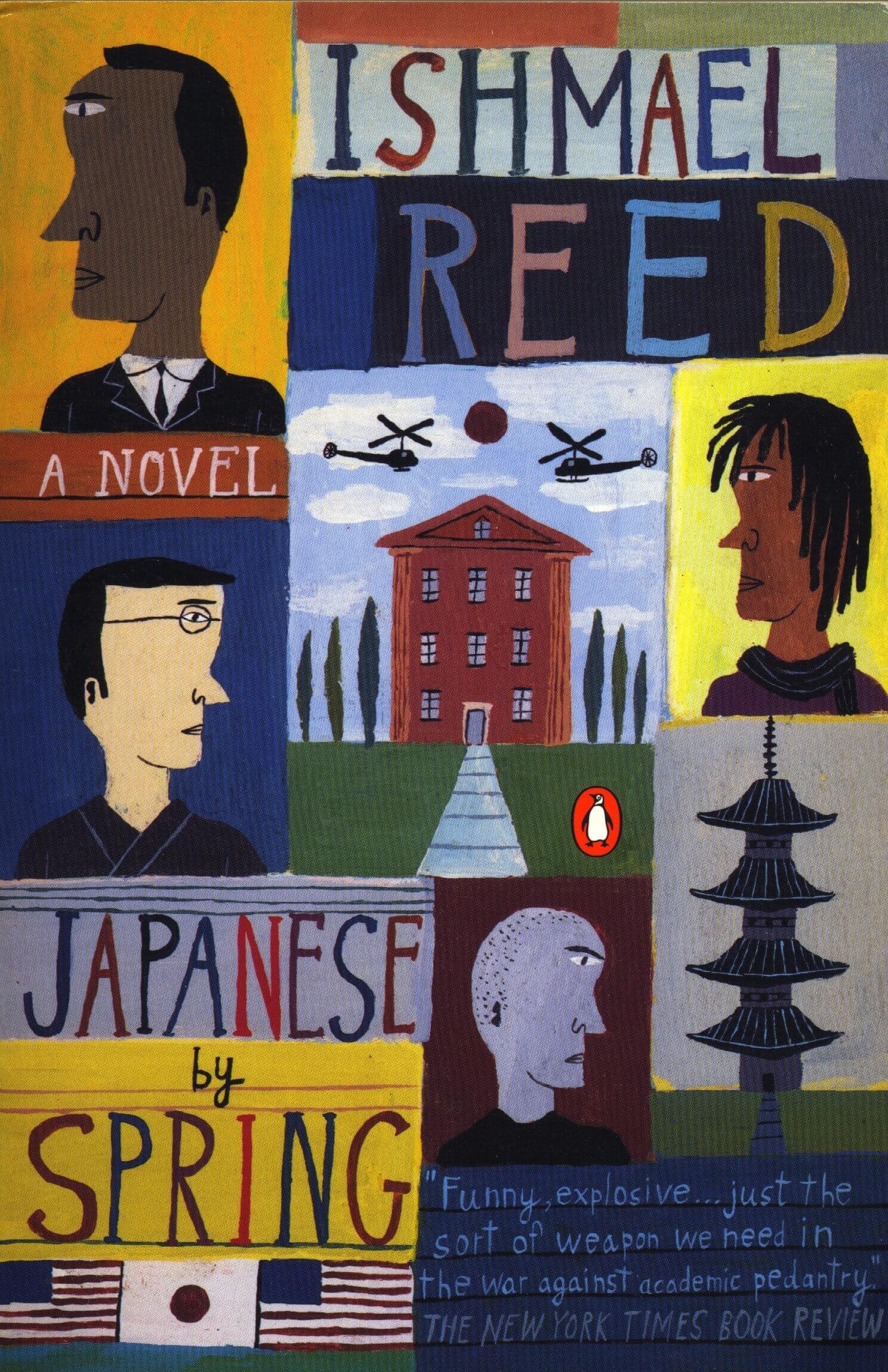
Japanese by Spring by Ishmael Reed
All you need to know is that the main character in this 1993 campus satire is named Benjamin “Chappie” Puttbutt.

The Netanyahus: An Account of a Minor and Ultimately Even Negligible Episode in the History of a Very Famous Family by Joshua Cohen
I recognize this might be a stretch as a satire about academia, but the book is funny and does have a central locale of a college in New York state. It’s also a book about family, Jewishness, and mixes fiction and nonfiction in an extremely inventive way. It was the winner of the 2022 Pulitzer Prize for fiction, so even if it is not exactly what you’ve asked me for, I think it might be worth your time.
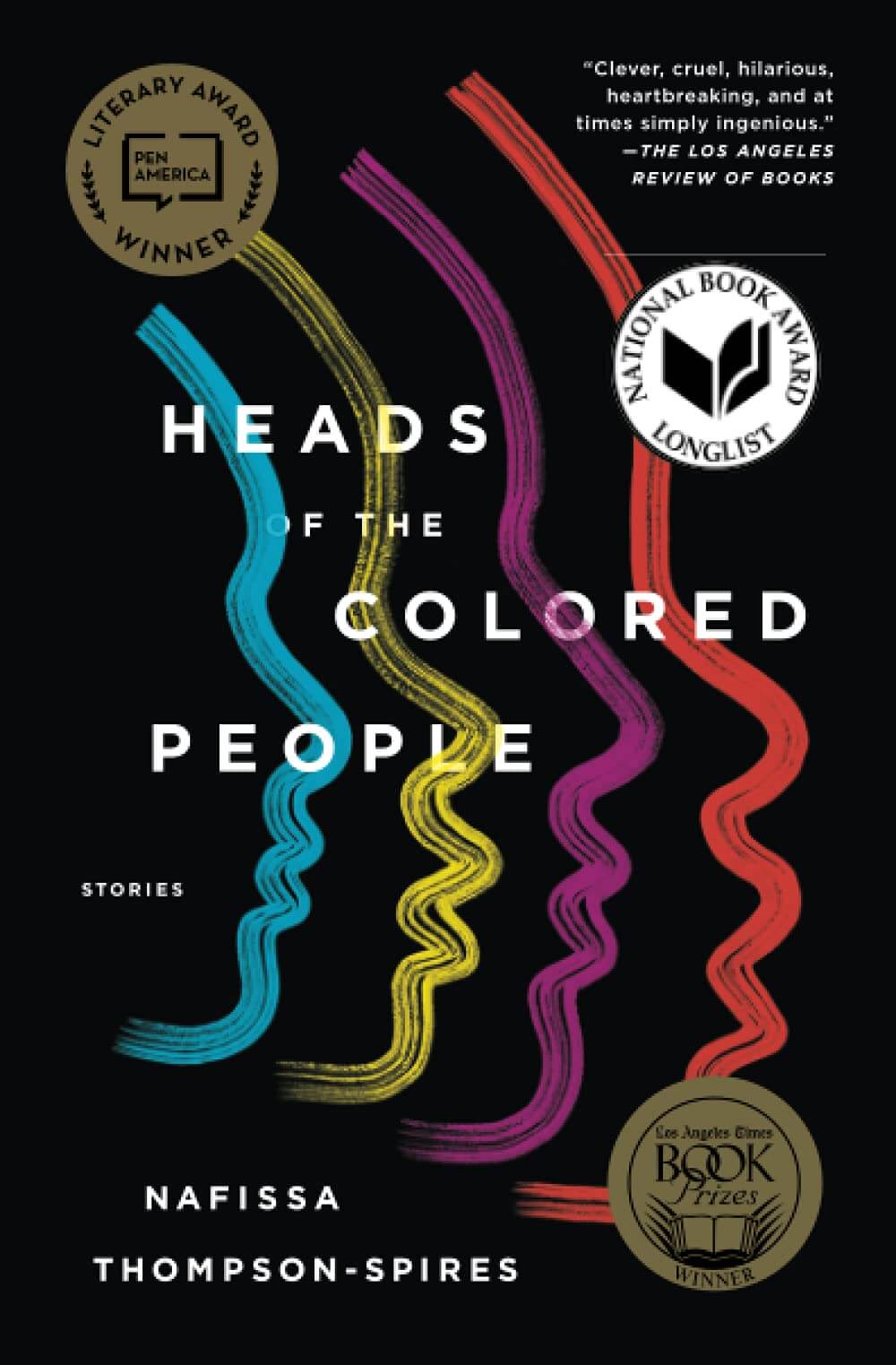
Heads of the Colored People by Nafissa Thompson-Spire
This is a collection of short stories, and a handful of them take place in and around school settings, from Academia down to elementary. It is a hilarious and inventive book that glimpses Black life without the constraints of the white gaze
I also stumbled upon this piece in the New York Times about campus life satires for you to think about the genre as you continue to read through it. Enjoy!
How do I monetize my bookstagram account and organically boost engagement? I’m also looking for tips to start a blog. Any idea how to build a free website, not a paid subscription one like WordPress? I’ve been a reader for years but I’m finally ready to work with authors and publishers to earn money on the side.
There seem to be two questions here, how do I grow my platform? Then, how do I monetize it? Part one is easier than part two, but all of it takes a lot of consistent and deliberate work. I am by no means an expert here, and it might behoove you to follow some social media experts if you really want to get into the nitty gritty of the influencer world.
What is great about bookstagram (or boktok) is that there is already a community in place. There are people in the space ready and excited to talk about books. The way that I found growth in that space was engaging with people regularly. I built relationships, hosted giveaways, participated in challenges, and all of that fun stuff. I also posted regularly, 6-7 days a week, for years. I remained consistent and committed to growing a platform for myself and the books I love.
What is important as you grow is to hold on to the why behind your account. Why do you want to have a bookstagram, who is it for, and what need to you serve? The people who I follow and enjoy being in community with are the people who have a point of view about books. That could be a niche they’re passionate about, reviews that I can trust, or reels that make me laugh. Those are the people I’m drawn to. It is also worth suggesting that you connect with other readers who have a similar size following as you and/or people who started their bookstagrams around the same time as you. You’ll be able to relate to each other and grow together.
As you build your social media presence you’ll also be able to build your blog. Pushing out that content on your Instagram, and inviting people to follow your IG page through your blog.
Now, for the money part. Bad news. Publishing is notoriously cheap when it comes to paying book creators their worth. I will speak for myself, I have done about five paid posts ever that were through a publisher. They don’t pay readers to post, mostly because they know so many bookstagrammers do it for free. This goes quadruple if you’re a creator of color.
There are other brands out there that will work with book accounts, mainly companies that focus on reading related products, though this route I have found to be tricky, too. Some authors will pay a little money to have their books featured on people’s accounts or Tiktoks, however I do not participate in that kind of pay to play on my page.
In order to secure any partnership with a publisher, author, or complimentary brand you need to create a media kit, which is a document that explains who you are, what you do, and your metrics on your blog and social media. This is a file you can send to the brand when you ask them to work with you, or you may be asked to send one over if the brand approaches you. Your media kit should sell who you are and what you do as well as give insights into your audience.
Once you have a media kit you can be proactive and reach out to publishers and brands and tell them why you want to work for them and what you charge. This is called pitching, and you should pitch yourself constantly. Do not let a no get in the way, just keep going because eventually the right opportunity will fall into place.
Unlike with other influencers there will not be a lot of people knocking down your door to have you post about their books, so you need to reach out and explain why they should work with you. Send them your idea of a post that you might do or an IG live that would help them connect to the readers you know so well. You must get comfortable selling yourself, over and over again.
Another way you can make money in the book space are through affiliate codes from places like bookshop.org, Amazon, and libro.fm. You earn a small commission when someone makes a purchase with your link. It isn’t very much money, but if you’ve got a blog these small sums can add up.
Good luck on your endeavor and I hope you can find a way to turn your passion into a lucrative hobby.


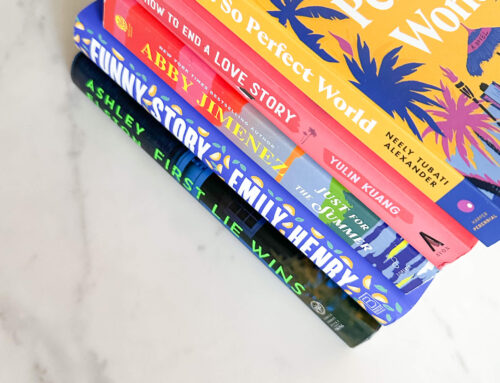
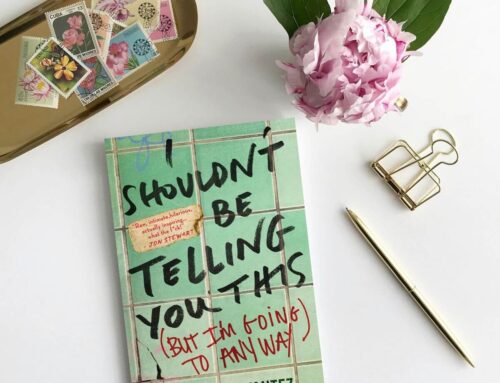
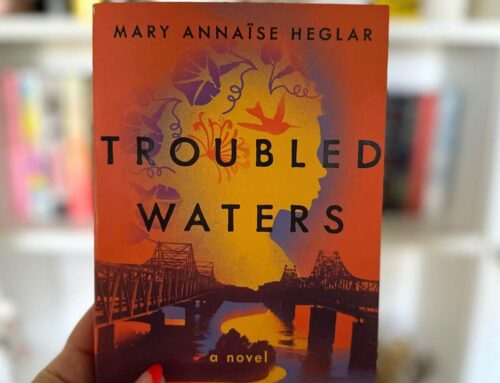

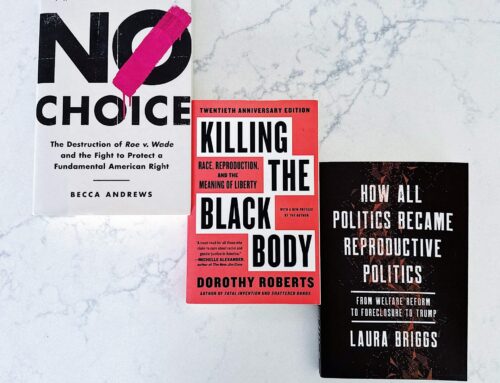
Leave A Comment